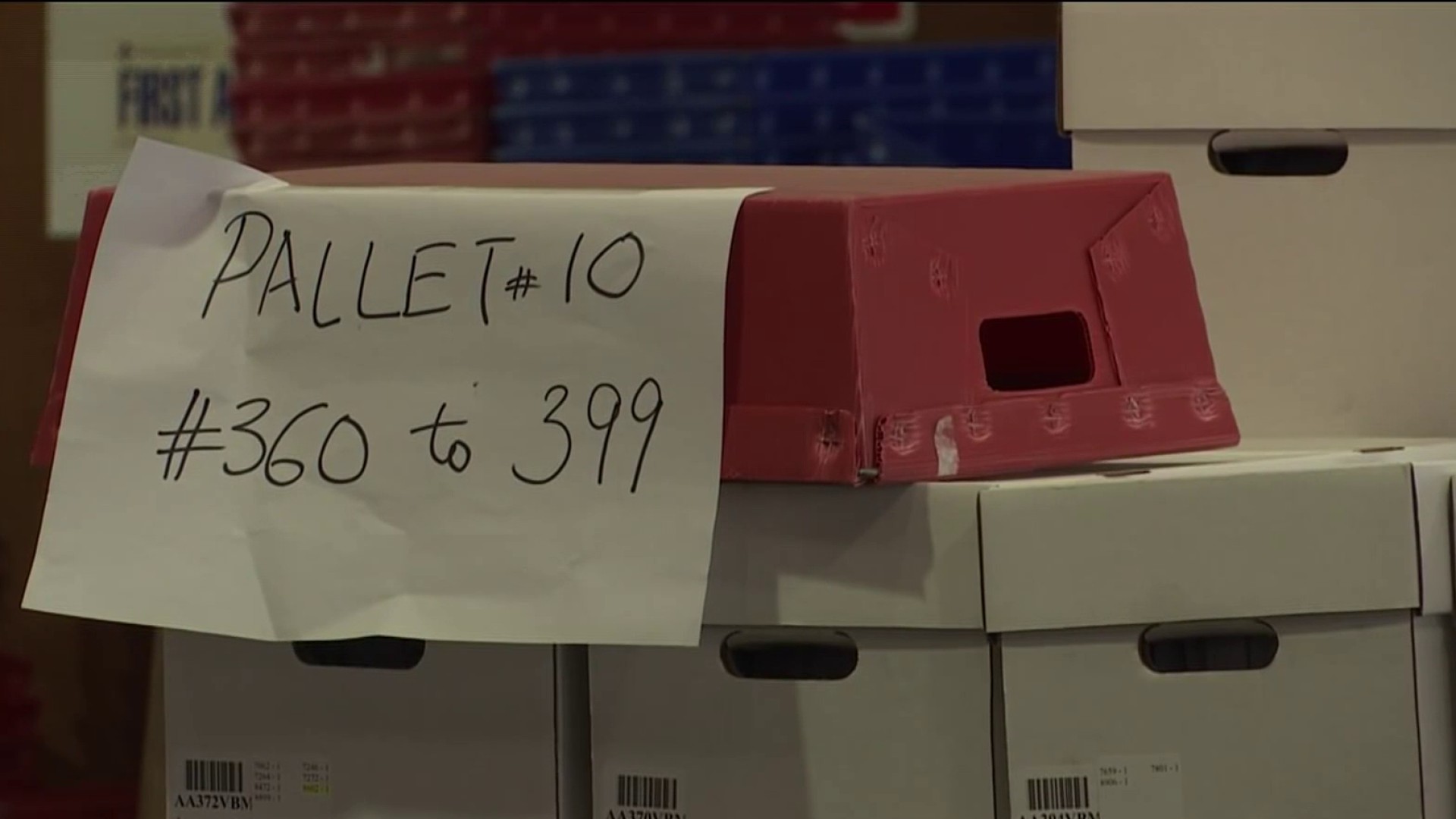With at least 30 deaths and 50 known cases of infection resulting from the Middle East Respiratory Syndrome (MERS), the new coronavirus is prompting warnings of a global pandemic and providing plenty of questions for global health experts.
“The speed at which we know what we know is great, but what we don’t know is still much greater than what we do know about this virus,” explained Dr. Nathan Wolfe, a virologist and author of the book, ‘The Viral Storm: The Dawn of a New Pandemic Age.’”
Wolfe says the unknown variables include the source of the virus, the ability of the disease to spread from person-to-person and its overall lethality.
Thus far, more than half of individuals known to be infected have died, but that doesn’t mean MERS is actually as deadly as the numbers suggest.
“The problem is people who end up in hospitals often tend to be the sick percentage of individuals in a community,” Wolfe said, “so it makes it easy to overestimate the mortality by looking at the percentage of people who are ill in hospitals.”
Since the virus first came into the public light in September, infected patients have spanned the Mideast and Europe, from Jordan, Qatar, Saudi Arabia and the United Arab Emirates to Germany, the United Kingdom and most recently France.
The World Health Organization Director-General, Dr. Margaret Chan, has called MERS “a threat to the entire world.”
Local
Wolfe points out that in a day and age of interconnected populations, geographical boundaries mean very little.
“We’ve talked about cases in Saudi Arabia and Qatar, or France,” he said, “but the reality is while these might be valid political boundaries, from a disease perspective these diseases don’t really respect political boundaries.”
Renowned epidemiologist and infectious diseases expert Dr. Arthur Reingold, a professor at Berkeley’s School of Public Health, agrees with Wolfe that due to several unknown qualities about the virus, projecting it’s impact and global reach right now is quite difficult.
“This has the potential to cause an enormous problem, but there’s a very good likelihood that it won’t,” Reingold said. “And it’s impossible to predict whether it’s going to or not.”
Reingold said that viruses can mutate or swap their genetic elements, and essentially “reproduce” with other viruses, making it critically important to determine the source of MERS and try to stop its spread.
He said MERS would be more dangerous if transmissible early in the illness, unlike it’s close relative, SARS, also a coronavirus, which became more infectious once the disease progressed.
“The earlier we recognize something and can respond to it, the better able we’ll be to control it and reduce the number of people who are ill,” Reingold said.
Wolfe emphasized that the Bay Area has a substantial number of resources and academic and research institutions in public health policy, making it a natural springboard for developing a solution.
“We have this sort of incredible opportunity I think, here in the Bay Area, to have a huge impact on global public health,” Wolfe said. “We have a history in this area of being incredibly innovative with the way that we think about things, and these institutions really are producing leading scientists in this field.”
SARS is a virus that was borne from bats. Wolfe says the evidence so far suggests the same might be true for MERS, but right now no one knows definitively.



